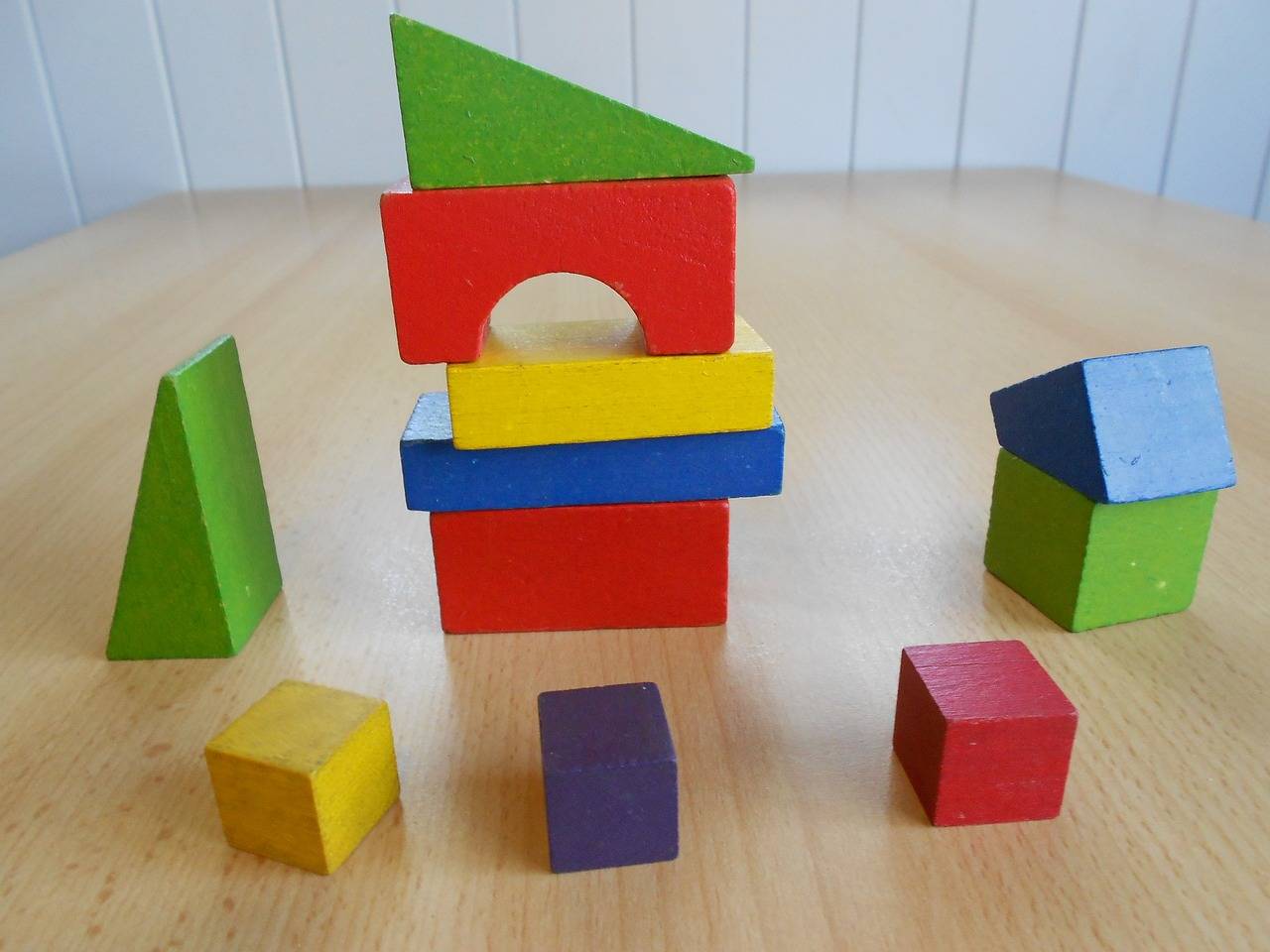Navigating the Role of Standardized Testing in Education Reform
When it comes to curriculum development, standardized testing plays a significant role in shaping the content and focus of what is taught in schools. Educators often feel pressure to align their curriculum with the content covered in these tests to ensure that students are adequately prepared. This can lead to a narrowing of the curriculum as teachers may prioritize teaching the specific topics and skills that are tested, potentially at the expense of other valuable content.
Additionally, the results of standardized testing can influence decisions about resource allocation and educational priorities within schools and districts. Schools that perform poorly on these tests may face consequences such as reduced funding or increased scrutiny, prompting educators to concentrate on improving test scores rather than focusing on a broader, more holistic education for their students. This high-stakes environment can have a profound impact on curriculum development, shaping what is taught and how it is taught in today’s schools.
Challenges of Implementing Standardized Testing in Schools
Standardized testing implementation in schools poses various obstacles. One significant challenge is the pressure it puts on educators to teach to the test rather than focusing on a comprehensive curriculum. This narrow focus can limit students’ exposure to a well-rounded education, including crucial subjects such as the arts, physical education, and critical thinking skills. Additionally, the intense emphasis on test scores can create a high-stakes environment that may lead to increased stress and anxiety among students and teachers alike.
Furthermore, the resources required for administering standardized tests can strain school budgets and cause logistical challenges. School districts often have to allocate substantial funds towards test preparation materials, test administration, and data analysis, leaving fewer resources available for other educational initiatives. Moreover, the time-consuming nature of preparing for and conducting standardized tests can disrupt the normal flow of instruction, causing interruptions to teachers’ planned lessons and potentially hindering student learning progress.
The Debate Surrounding Standardized Testing and Student Performance
Standardized testing continues to be a contentious topic in the education sector, with proponents arguing that it provides a fair and objective way to measure student performance. Advocates of standardized testing believe that it ensures accountability and helps identify areas where students may need additional support or resources. On the other hand, critics of standardized testing argue that it creates a narrow focus on test scores, leading to a loss of creativity and critical thinking skills in students.
One of the main concerns surrounding standardized testing is its potential to exacerbate inequalities in academic achievement. Critics point out that standardized tests may not accurately measure a student’s full potential, as factors such as socioeconomic background, language barriers, and test anxiety can significantly impact performance. Additionally, there are concerns that excessive emphasis on standardized testing can lead to teaching to the test, rather than fostering a holistic approach to education that nurtures a love of learning and intellectual curiosity.





